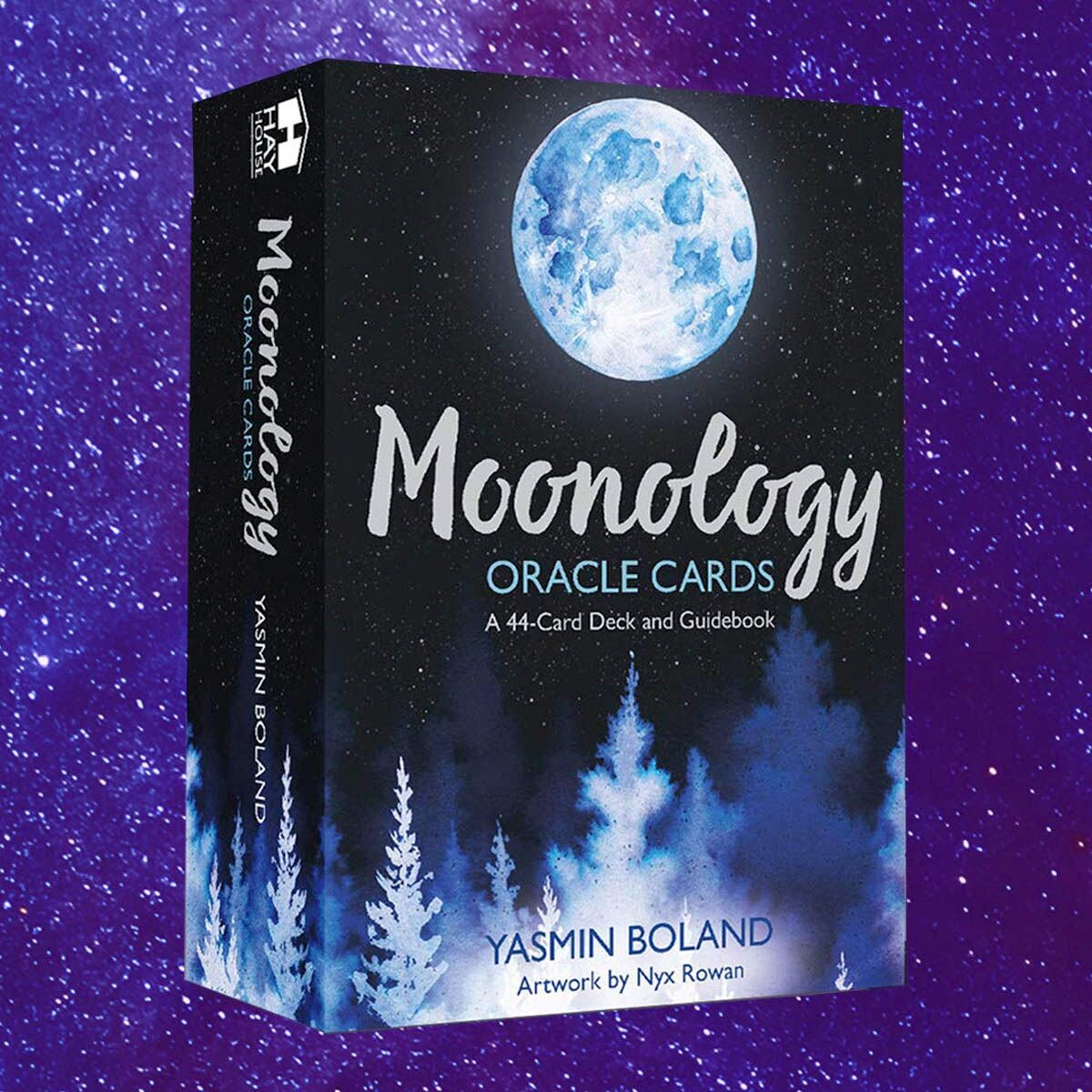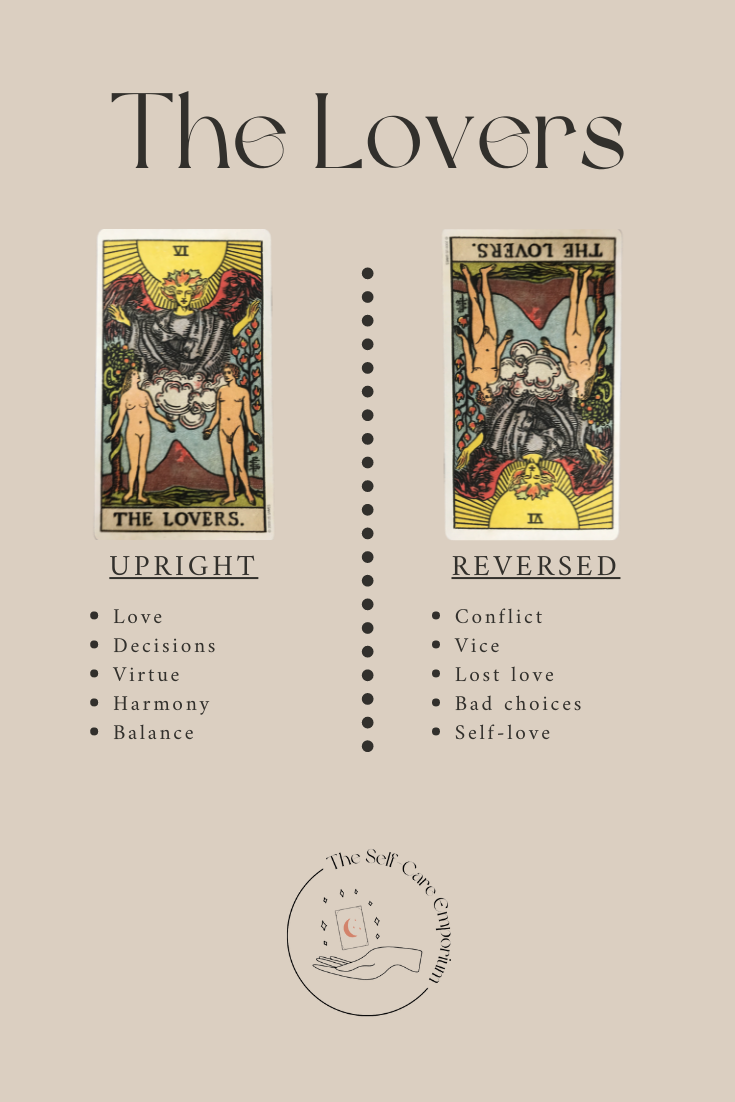
The Fool is one card in the Tarot deck's 78 cards. It is one card of the 22 Major Arcana. Sometimes, its number is either 0 (or XXII). This card is associated with curiosity, risk-taking and new ideas. It also symbolizes new love. The Fool is a symbol of new love.
Experimenting with new ideas
When you are exploring new ideas and taking risks, the Fool can be an encouraging card. He wants you to trust yourself and trust the Universe. You can make your ideas come true by trusting yourself and your intuition.

Discovering new places
The Fool encourages us to take risks, and he also shows us the value of trusting ourselves. Even though leaps of faith seem natural, they can be quite scary, especially when you don't know what the outcome will be.
Attracting new lovers
There are many ways to interpret the Fool tarot cards. It is also known as the playboy, and represents a person who is in search of pleasure and affirmation. However, this type of thinking can repel potential partners. Fool cards might not be the best sign for you if, for example, you're not ready or willing to let go of your routine.
Physical health
The Fool tarot deck card signifies the beginning of an exciting new journey that offers healing and physical health. If the Fool card shows up in your reading, you'll have the opportunity to uncover information that will help you make the necessary changes to heal yourself.

Romance
Your relationship will likely be impulsive and impetuous if the Fool is a dominant figure in your love life. You may feel nervous about a big decision or may have difficulty staying grounded. It's a good idea to discuss your worries and fears with your partner, and then work out your concerns. This will save you from regretting later.
FAQ
How do I find a hobby that interests me?
You may feel overwhelmed when you start your quest to find a hobby.
You may be thinking, "I'm just not artistic" or "I hate sports," or perhaps "I don’t even know what I know."
But the truth is, you probably already have a lot of experience to draw upon when looking for a hobby.
It's only that you don't know it yet.
Take a tour of your house. How many things do you own?
Do you have any old toys lying around?
Perhaps you have a collection books or magazines.
Perhaps you have always wanted to be a chef.
Perhaps you would like to play guitar again.
Whatever it is, there's likely something you can turn into a hobby.
Realize that you have many experiences already.
You'll find a hobby that fits your lifestyle once you do.
What are some free resources I can use to learn more about hobbies
There are many websites dedicated to helping people discover new hobbies.
Here are some of our favorites:
www.trythisathome.com - This site provides a list of over 100 different hobbies. You can also find information about how to start each hobby.
www.hobbyfinders.org - This site offers a database of thousands of activities that you can search by interest, skill level, location, and more.
www.indiebazaar.co.uk - IndieBazaar is an online marketplace designed specifically for independent artists and musicians. The site has hundreds of products, from artwork to music equipment.
www.pinterest.com/explore/hobbies - Pinterest is a social media network that lets users "pin" images they find interesting onto their boards. Boards allow users to organize things they like into specific categories.
www.reddit.com/r/Hobbies Reddit is another social networking platform that allows users to link to articles, videos or other content. Users can vote on which posts they think are most valuable.
What are educational hobbies, you ask?
A hobby that teaches you something is called an educational hobby. It could be anything, from playing sports to learning how an instrument is played.
The most important thing is that you find it enjoyable and entertaining. You don't have to do it all the time, but if you find yourself getting bored, then you need to think about what else you could be doing instead.
These activities can also be costly so make sure you don't spend too much.
What are observation hobbies?
Observation hobbies can be activities that you watch people do. They might include watching sports, reading books, going on holiday, etc. It could also involve observing others.
It's great to have observation hobbies because it helps you think creatively. You can draw on this knowledge later, when you work on projects for others.
You will discover that learning is easier when you are interested.
If you're interested in football, for instance, you could watch it or read a book. Exhibitions are a great way to learn about photography.
You could also buy a guitar or play along online to music if you are a musician.
If you like cooking, you could cook your own meals or visit restaurants.
If you love gardening, you might grow vegetables or flowers.
You can take a dance class, or just go out with your friends if dancing interests you.
If you like painting, you could paint pictures.
If you love writing, you might be interested in writing poems and stories.
You might enjoy drawing pictures, if you are a good artist.
If you have a passion for animals, you might be able to look after them or work in a zoo.
If science is your passion, you might choose to study biology or chemistry.
You can read books, listen to podcasts, or watch films if history interests you.
If you enjoy traveling, you can travel around the world or just explore your own area.
What does a hobby cost?
A hobby costs nothing but time. If you're serious about your hobby, it can take you years to get what you want.
But there is one thing that can help you. It's called passion'. Passion will help you put in the effort to succeed.
Once you put in the hours, you might find yourself addicted to the activity. And this is where the real fun begins! You are now doing something that you love and getting better every day. This will mean that you will have likely made significant improvements by the end.
Don't fret about how long this takes. You can just try it. You may be surprised.
What are some good hobbies ideas?
Doing something you enjoy is the best hobby. If you enjoy what you do, it will be much easier to keep going. If you don't feel well or tired, you will always have an excuse!
The hobbies we all love are gardening, painting and crafting, photography.
Volunteering could be a great option.
If you're looking to do something more adventurous, Try scuba diving, rock climbing or parasailing.
There are many ways to enjoy nature, even if you don't want to travel far. These include caving, cliff diving, cave tubing, abseiling, sea kayaking, rafting, canoeing, climbing, trekking, bushwalking, mountaineering, backpacking, trail running, orienteering, off-road driving, quad biking, motorcycling, motorcycle riding, dirt bike riding, jet boating, hang gliding, hang gliding, parachuting, hang gliding, heli-skiing, ice skating, snowmobiling, snowshoeing, snowshoeing, cross country skiing, downhill skiing, telemark skiing, ski touring, sled dog racing, snowboarding, snowkiting, snowmobiling, spelunking, snowshoe hiking, snowshoeing and many more.
What are collection hobbies?
The most loved collections include books, movies and music.
You can also collect anything from stamps to coins to cars to dolls to action figures to model kits to figurines to art supplies to tools to kitchen utensils to jewelry to watches to gadgets to clothes to furniture to antiques to...
I think you get the idea.
Statistics
- 37% Video Games 36% Travel 36% Health and Fitness (quizexpo.com)
- In comparison, men in the “no humor” condition were refused 84.6% of the time and were only accepted 15.4% of the time. (time.com)
- A new survey by Pew Research Center of teens ages 13 to 17 finds that 36% of girls feel tense or nervous about their day every day; 23% of boys say the same. (pewresearch.org)
- Almost 80% of people claim to have no hobby. (hobbylark.com)
- Studies show that just six minutes of reading can reduce stress levels by 60 percent. (oberlo.com)
External Links
How To
How to begin gardening
Gardening is one of the oldest forms of agriculture. It requires persistence, patience, and determination. The first step in starting your own garden is choosing a location where you want to grow food. This could be a large plot of land or even just a small area in your backyard. Next, choose what kind of plants you would like to grow. Do you prefer vegetables, or flowers? Some people enjoy growing herbs and others prefer raising livestock like rabbits. You should consider how much space you have available before deciding what types of crops you plan to plant. If you live somewhere that has cold winters, it might be a good idea to grow berries or fruits.
After you have decided what you want to plant, it is important that you prepare the soil. Soil is essential in determining whether your plants will thrive or fail. High quality soil is rich in organic matter, which feeds your plants' roots. Organic matter includes things like leaves, twigs, grass clippings, manure, and compost. Once you have prepared your soil, you need to add nutrients. You may need different amounts depending on what type of plants you are trying to grow. An online fertilizer calculator can help you calculate these values. There are many fertilizers available so be sure to know what you are purchasing.
Now you need to wait for the seeds to germinate. This can take anywhere from two weeks to three months depending on where you live and how warm it is. After your seeds sprout, it is important to water them frequently. Watering your plants too little or too often can cause problems. Overwatering can cause problems. Overwatering can lead to root rot and fungal diseases. When watering your plants, remember that most plants require less water during the warm summer months than in winter. Keep in mind that certain plants may need to be dried after being watered. For example tomatoes should be kept slightly moist and not wet. They are not happy to be in soggy soil. After the flowers have stopped, they must go into dormancy. When plants stop producing new growth, they go dormant and start storing energy for next season's harvest. Dormancy means that the plant stops communicating with its roots about producing food. Plants continue to store energy throughout this period. Plants will soon die if they are exposed to too much or too cold temperatures.
If you live in an urban environment, you may find yourself limited in the kinds of plants that you can grow. Urban areas tend to contain concrete sidewalks, roads, buildings, and parking lots that block sunlight from reaching the ground. Concrete absorbs sunlight and blocks the soil below from receiving adequate sun exposure. Many plants can't thrive in urban environments because they lack sunlight. There are still plants that thrive in urban environments. Many trees, perennials, shrubs, as well as shrubs can be adapted to urban living. Many annuals are also possible to grow indoors in containers. You can have fresh greenery all year round with container gardens.
You're now ready to plant after you have chosen where and what to grow in your garden.